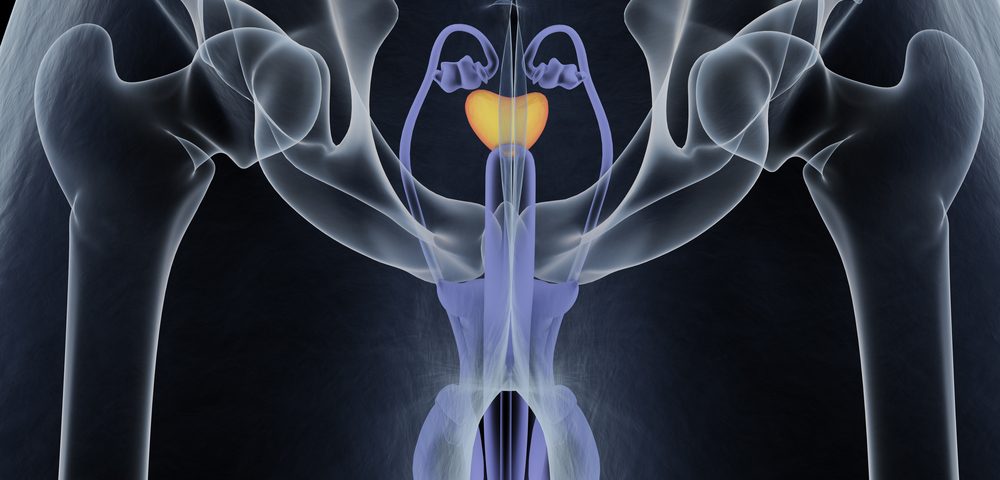Changes in the sequence of two genes, EGF and EGFR, may affect the clinical development of benign prostatic hyperplasia (BPH) by influencing prostate volume and PSA levels, according to new research.
The study,“Association Study Of Polymorphisms Of Epidermal Growth Factor And Epidermal Growth Factor Receptor With Benign Prostatic Hyperplasia In A Korean Population,” was published in the International Neurourology Journal.
Previous studies have suggested that certain changes in the sequence of genes (called single-nucleotide polymorphisms, SNPs) contribute to the development of BPH. Researchers decided to evaluate whether SNPs present in the EGF or EGFR genes could influence the disease’s clinical features.
The EGF gene encodes a protein that promotes the growth and maturation of epithelial cells by binding to the EGF receptor, coded by the EGFR gene. Proliferation of epithelial cells in the prostate is considered to be a major feature of BPH and, in some cases, can lead to prostate cancer.
The study enrolled 218 BPH patients with prostate weight above 20 g and signs of lower urinary tract symptoms (LUTS) to study the association between eight known SNPs in the EGF and EGFR genes and several BPH parameters, such as prostate volume, PSA levels, and International Prostate Symptom Score (LUTS symptoms were evaluated as mild, moderate or severe). SNPs were detected using methods for DNA sequencing.
Researchers analysed PSA levels in blood samples from the patients, and prostate volume was measured using transrectal ultrasonography. Patients were divided according to three parameters:
- low (0–19) and high (20 or above) IPSS score
- low (less than 1.5 ng/mL) and high (equal or above 1.5 ng/mL) PSA levels
- small (less than 30 mL) and large (30 mL or above) prostate volume
Results indicated that the presence of the SNPs rs11568943 and rs11569017 in the EGF gene were significantly associated with prostate volume. Also, three SNPs present in the EGF gene (the previous two and rs3756261) and one present in the EGFR gene (rs2293347) were found to be associated with PSA levels. Specifically, they noted that “the major alleles of rs3756261 and rs11568943 were higher in patients with a PSA level ≥1.5 ng/mL than in patients with [lower] PSA levels.” No links were found between SNPs and IPSS.
Overall, results suggest that changes in the sequence of the EGF and EGFR genes may affect the clinical development of BPH patients.
“[N]o associations between the EGF and EGFR genes and the clinical features of BPH have previously been reported. We found for the first time that 2 SNPs … in the EGF gene may affect prostate volume, and that 3 SNPs … in EGF gene, as well as 1 SNP in the EGFR gene … may affect PSA levels in BPH patients,” the researchers concluded.
“However,” they added, “this study has limitations such as sample size, ethnic differences, lack of control subjects, and interaction with environmental factors. To confirm our results, a case-control study in another population with a larger sample size is needed.”

